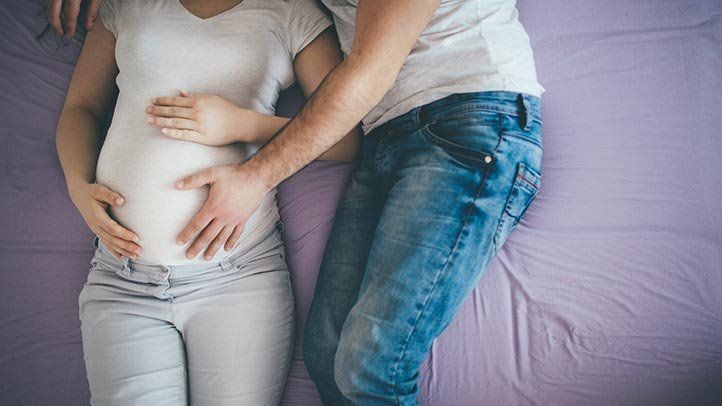Fertility in women is a complex interplay of biological, hormonal, and environmental factors, and age plays a crucial role in this process. As women age, particularly after the age of 30, their reproductive capabilities gradually decline, culminating in menopause, which typically occurs between ages 45 and 55. Understanding how age affects fertility can empower women to make informed decisions about family planning and reproductive health.
Biological Changes with Age
At birth, females possess a finite number of eggs, estimated to be around 1 to 2 million. This number decreases significantly throughout a woman’s life, with only about 400,000 eggs remaining at puberty. By the time a woman reaches her 30s, the quality and quantity of her eggs have diminished further. This decline accelerates in the late 30s and early 40s, making conception more challenging.
Aging eggs also experience changes in chromosomal integrity, leading to an increased risk of genetic abnormalities. This risk contributes to higher rates of miscarriages and chromosomal conditions, such as Down syndrome, in children born to older mothers. In addition to egg quality, hormonal fluctuations associated with aging can impact ovulation and the menstrual cycle, making it more difficult for women to conceive.
Fertility Decline: Statistics and Implications
Statistical data highlights the impact of age on fertility. A woman’s chance of conceiving each month decreases significantly after age 30. At 30, a woman has approximately a 20% chance of conceiving each month, but by age 40, this drops to 5% or less. Furthermore, the risk of infertility—defined as the inability to conceive after 12 months of trying—also rises with age. For women in their 30s, the infertility rate is around 10-15%, while it increases to 25% or more for women in their 40s.
This decline in fertility is not just a personal concern; it has broader societal implications. As women increasingly prioritize education and career development, many delay childbearing, which can lead to a rise in fertility-related challenges. This delay often results in a greater reliance on assisted reproductive technologies (ART) such as in vitro fertilization (IVF) and egg freezing. While these technologies can provide options for older women, success rates still decrease with age.
Emotional and Psychological Considerations
The emotional and psychological impact of aging on fertility should not be overlooked. Women may face stress, anxiety, and disappointment as they navigate the complexities of trying to conceive later in life. The societal pressures and expectations regarding motherhood can further exacerbate these feelings. Couples may also experience relationship strain due to the stress of infertility, prompting the need for support systems, counseling, or therapy.
Preventive Measures and Options
Understanding the age-related decline in fertility can lead to proactive measures. Women are encouraged to assess their reproductive health and consider their family planning options early. Regular check-ups with a healthcare provider can help monitor ovarian reserve and overall reproductive health. For those who wish to delay childbearing, egg freezing offers a viable option, allowing women to preserve their fertility for future use.
Education plays a crucial role in empowering women to make informed decisions about their reproductive health. Open discussions about fertility, age, and family planning can help dispel myths and reduce stigma, enabling women to approach their fertility journey with realistic expectations and appropriate support.
Conclusion
In conclusion, the impact of age on fertility in women is significant, with biological, emotional, and social dimensions. By understanding these factors, women can make informed decisions about their reproductive health and family planning. As society continues to evolve, fostering awareness and providing support for women navigating fertility challenges is essential for promoting healthy reproductive choices. Through education and proactive measures, women can enhance their chances of successful conception, regardless of age.
